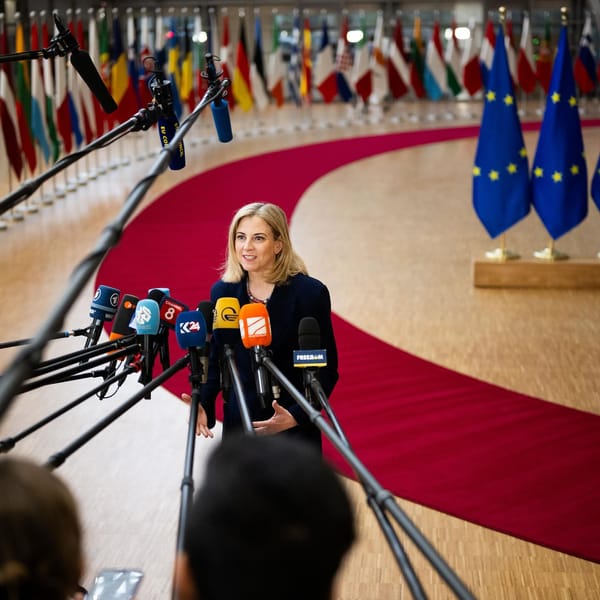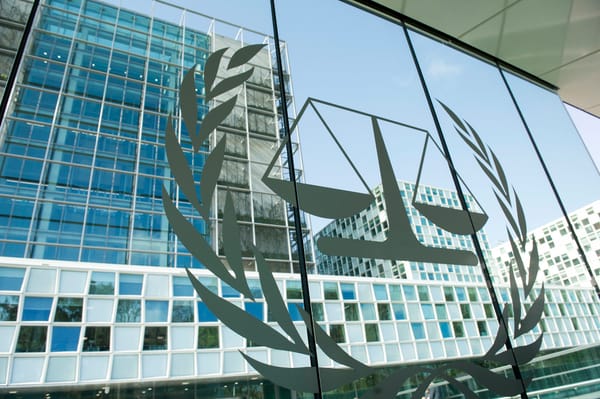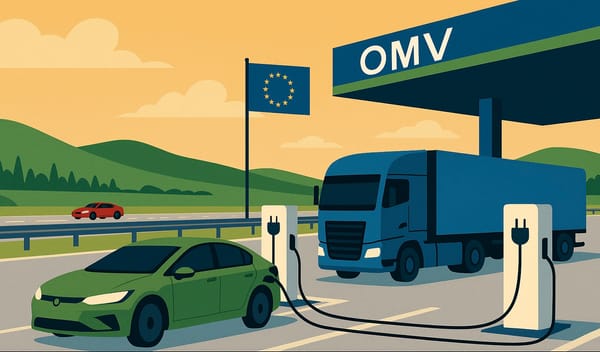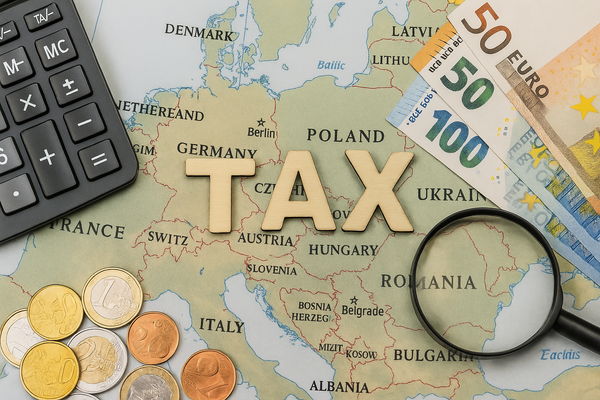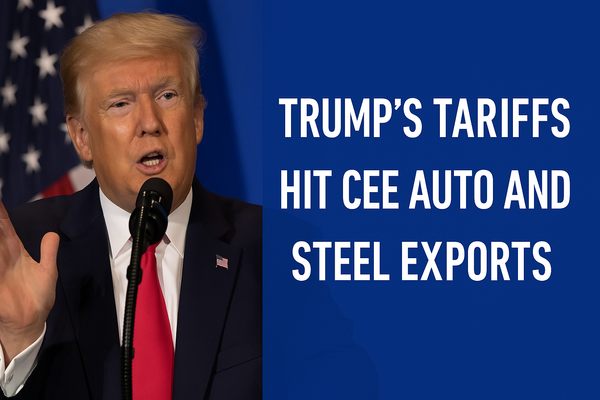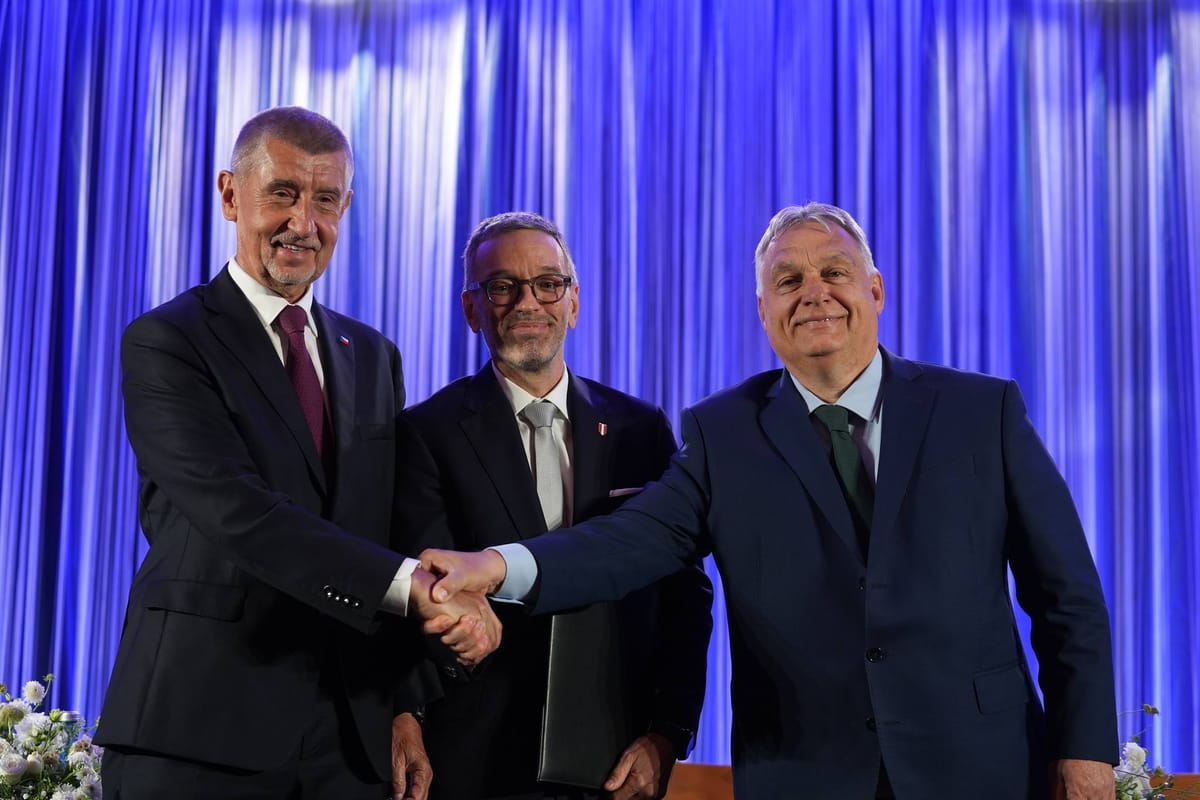
CEE right-wing launches new political family 'Patriots for Europe'
Hungarian Prime Minister Viktor Orban, Austria’s Freedom Party FPO leader Herbert Kickl and ANO party leader and former Czech prime minister Andrej Babis declared a “new era” as they announced a European Parliament political alliance named Patriots for Europe at a joint press conference in Vienna on Sunday, 30 June.
The party leaders unveiled the “Patriots’ Manifesto for Europe” outlining the goals and ideals of the new coalition, the day before Hungary assumed the rotating EU presidency that will run until the end of the year. The three CEE politicians invited other right-wing parties to join the group.
Parties from at least a quarter of the EU-27 are needed to officially form a new political group, Reuters noted. “While Fidesz has remained outside larger groupings since it parted ways with the mainstream centre-right European People’s Party (EPP) in 2021, the FPO is part of the Identity and Democracy political group along with Marine Le Pen’s National Rally party in France. ANO is not part of a political group,” the news agency added.
Babis, Kickl on new political family
Babis wrote on Facebook that the EU “has turned against Europeans and is now pursuing interests at odds with the will of nations, regions, and small communities that make up our European home. Institutions that are largely unknown and distant from European citizens — along with powerful globalist forces, unelected bureaucrats, lobbyists, and interest groups that despise the voice of the majority and a democracy based on the will of the people — plan to replace nations (with) a centralised European state.
“The elections to the new European Parliament in June were generational and of existential importance. Only through the victory and cooperation of patriotic and sovereign parties across the continent can we secure our children a heritage. We, the patriotic forces of Europe, commit to giving back to the European people the future of our continent by taking back our institutions and redirecting European politics to serve nations and our people. Prioritising sovereignty over federalism, freedom over orders, peace over war: this is the Patriots Manifesto for Europe,” Babis added.
Posting on social media, Kickl wrote: “Today in Vienna, the launch shot for the new European alliance “Patriots for Europe”. A new era of freedom, peace, prosperity and values begins now. The new alliance will bring a positive future to Europe and its people. The ‘Patriotic Manifesto for a European Future’ is the basis of this new patriotic alliance and a faction to be founded in the EU Parliament.
“The alliance presented today is a kind of “carrier missile”. Other patriotic parties at the European level will also come on board. The Brussels establishment can already dress warmly. We defend the sovereignty of individual EU countries and call the fight against illegal migration. We will lead Europe to a bright future – promise!” Kickl added.
Europe in a ‘state of crisis’ – Orban
Orban said the European economy is “in a state of crisis” and losing global influence, citing terrorism, migration, and the war in Ukraine. Orban said the EU’s poor decisions have exacerbated these crises, making Europe uncompetitive and leading to detrimental “poisonous green policies” that harm the economy.
He called Hungary an “island of difference in the great European liberal ocean”, emphasising his government’s support for traditional family values and national sovereignty.
In an interview with government-friendly daily Magyar Nemzet, Orban reiterated his commitment to building cooperation among European right-wing parties and argued that “Brussels bureaucrats” have betrayed European voters by maintaining the status quo and ignoring the popular mandate for change.
Orban said “one era of European politics started in 1989 with the dismantling of the Berlin Wall, and this era has concluded with the outcome of the European Parliament elections”, due to the formation of a new political group that he said would soon become “the strongest grouping” of the European right wing.
Boka lays out seven presidency priorities
Orban highlighted Hungary’s EU presidency, which began on Monday, 1 July, and its focus on seven priority areas, including a new European competitiveness pact, defence industry growth, and managing migration. He stressed the importance of advancing the EU enlargement process and fostering strategic debates on cohesion policy, agriculture, and demographics.
Hungarian EU minister Janos Boka said the presidency will focus on seven priority areas, in a video on Facebook. He said Hungary’s presidency will adopt a European competitiveness pact to invigorate economic growth, boost the defence industry, and conclude partnership deals on protecting the EU’s external borders. The Hungarian presidency will also advance the enlargement process regarding candidate countries in the Western Balkans, he added.
Hungary will launch a strategic debate on the future of cohesion policy to iron out inequalities in the internal market, Boka said, adding that it wants a farmer-centric policy for competitive agriculture that also guarantees food security and fair pay.
Demographic challenges will be on the agenda of all council formations, Boka said. He alter told public radio that boosting European competitiveness will be the main focus of Hungary’s EU presidency, highlighting cutting red tape and broadening the internal market to include services, IT and defence.
A European security and defence policy will also be promoted, “to properly handle this crisis that has persisted since 2015”, Boka said. Hungary plans to organise summits of the Western Balkans and also the Gulf. A total of 37 formal council meetings are expected to take place in Brussels and Luxembourg, he said.

